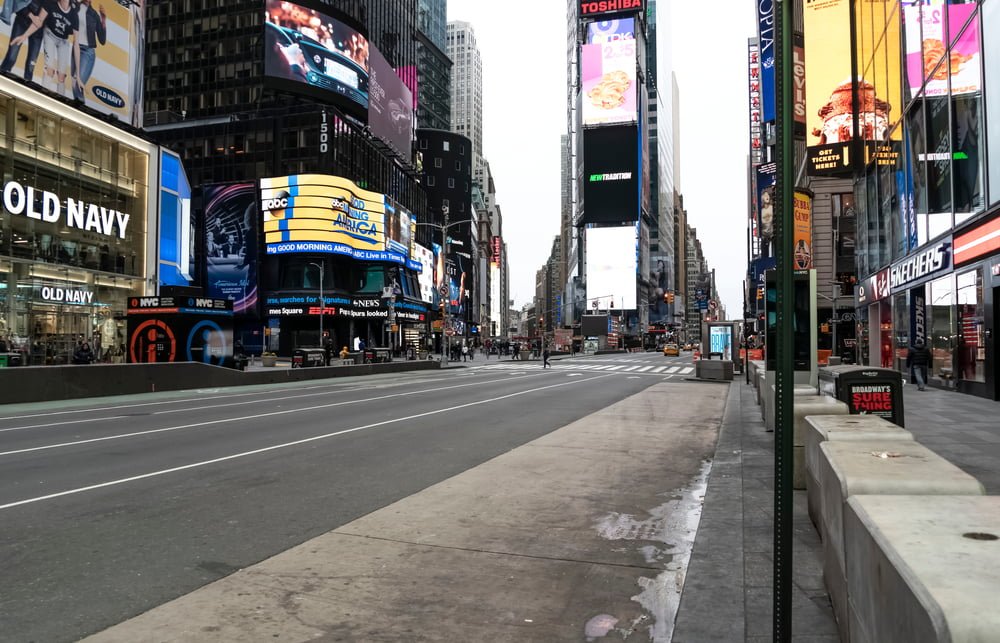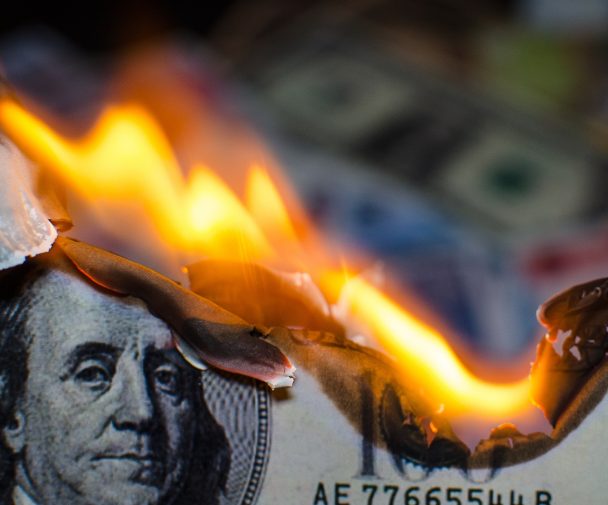
The Way Out
COVID-19’S EFFECT ON OUR LIVES
WRITTEN By Daniel Hilpert, Managing Director, Equicap
The COVID-19 pandemic is a tragedy, the actions taken by governments to prevent the health system from getting overwhelmed are necessary. But those actions come at a huge economic cost. While some face a loss of life, a great many will face a loss of livelihood. Companies are downsizing, unemployment is surging to levels not seen since the 1930s. A deep recession seems inevitable.
Some policy makers remind us that we are now confronted with two fundamental sets of choices – suppress the virus allowing the existing healthcare system to attempt to handle a moderate inflow of patients but force the economy into a depression, or let the virus spread freely in an effort to achieve herd immunity while sustaining the economy. The moral hazard is in favor of health officials and government leaders, incentivized to overprotect and overreact at the expense of the economy.
The loss of income in the private sector must be absorbed by governments’ balance sheets. Governments must protect the economy and its citizens. We must accept significantly higher public debt levels to accomplish this. Monetary financing to fund a fiscal deficit and effectively printing money seems to be unavoidable at this juncture.
Front and center are preventing job losses. Providing income to those who lost jobs in the form of tax breaks, unemployment insurance and helicopter money is important but in order to avoid permanent lower employment and stagnant GDP growth in the years to follow we must supply businesses with immediate liquidity support to cover operating expenses during the crisis.
Banks can create liquidity by allowing overdraft and opening credit facilities backed by the central bank’s intervention and the federal balance sheet. We need to use the banking system to make loans available to businesses who are prepared to save jobs. This needs to be accomplished by government guaranteed loans and overdrafts. Current SBA lending criteria need to be overhauled – the companies credit risk, additional collateral requirements and FICO scores should not stand in the way. Access to capital needs to be quick and effortless, circumventing the usual red tape associated with the Small Business Administration.
Some companies will repay the debt (backlog can recover losses) quickly, others will need a longer time horizon, default rates will be unavoidable and debt cancellation will be required to make sure companies that need to stay in business are there in a post-COVID-19 world.
Public debt levels will increase but it will be perceived as necessary to fend off the permanent destruction of our economic base, and the elimination of our ability to generate income. Steps must be taken now. Any more of an uncoordinated response would be morally bankrupt and should spell disaster for any sitting Congressperson’s tenure.











